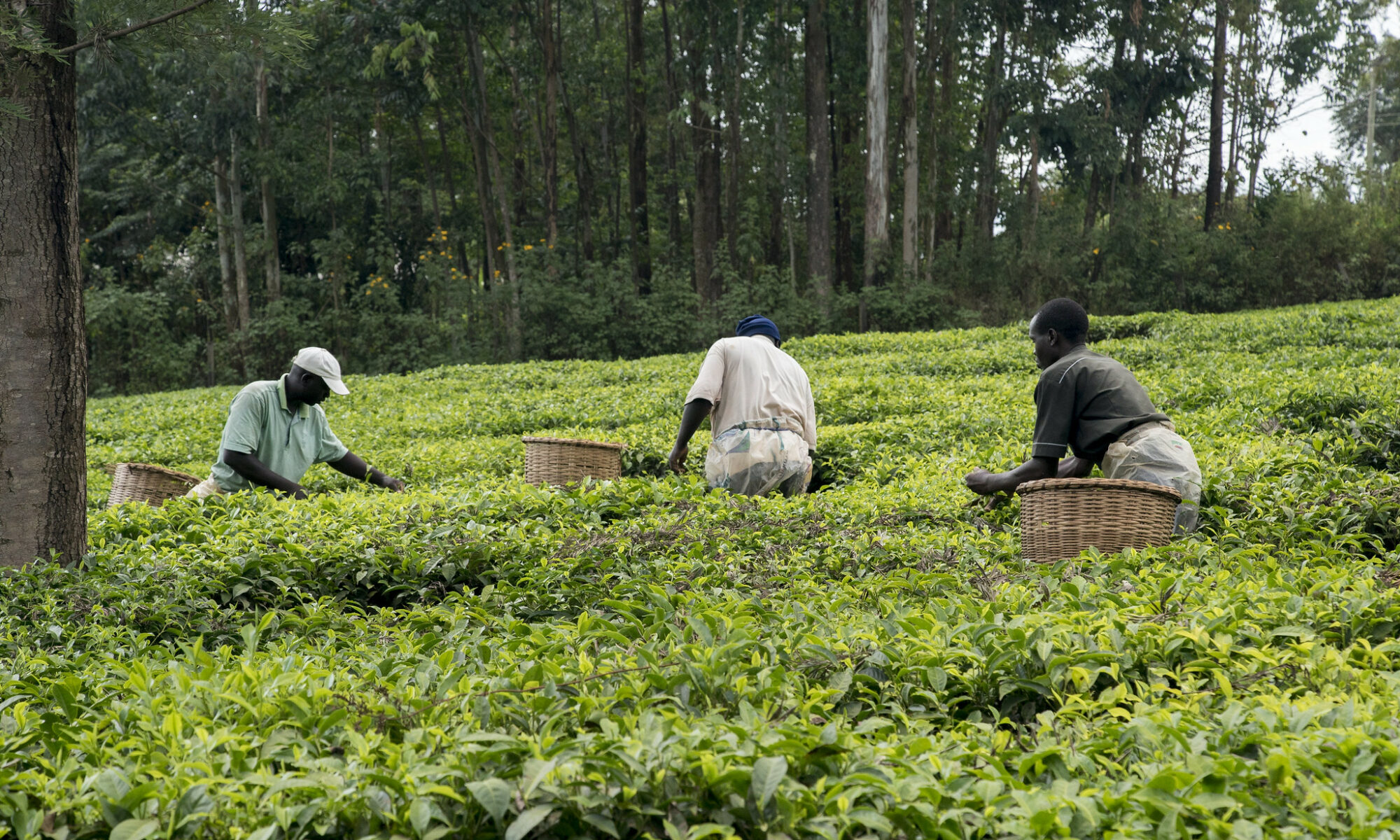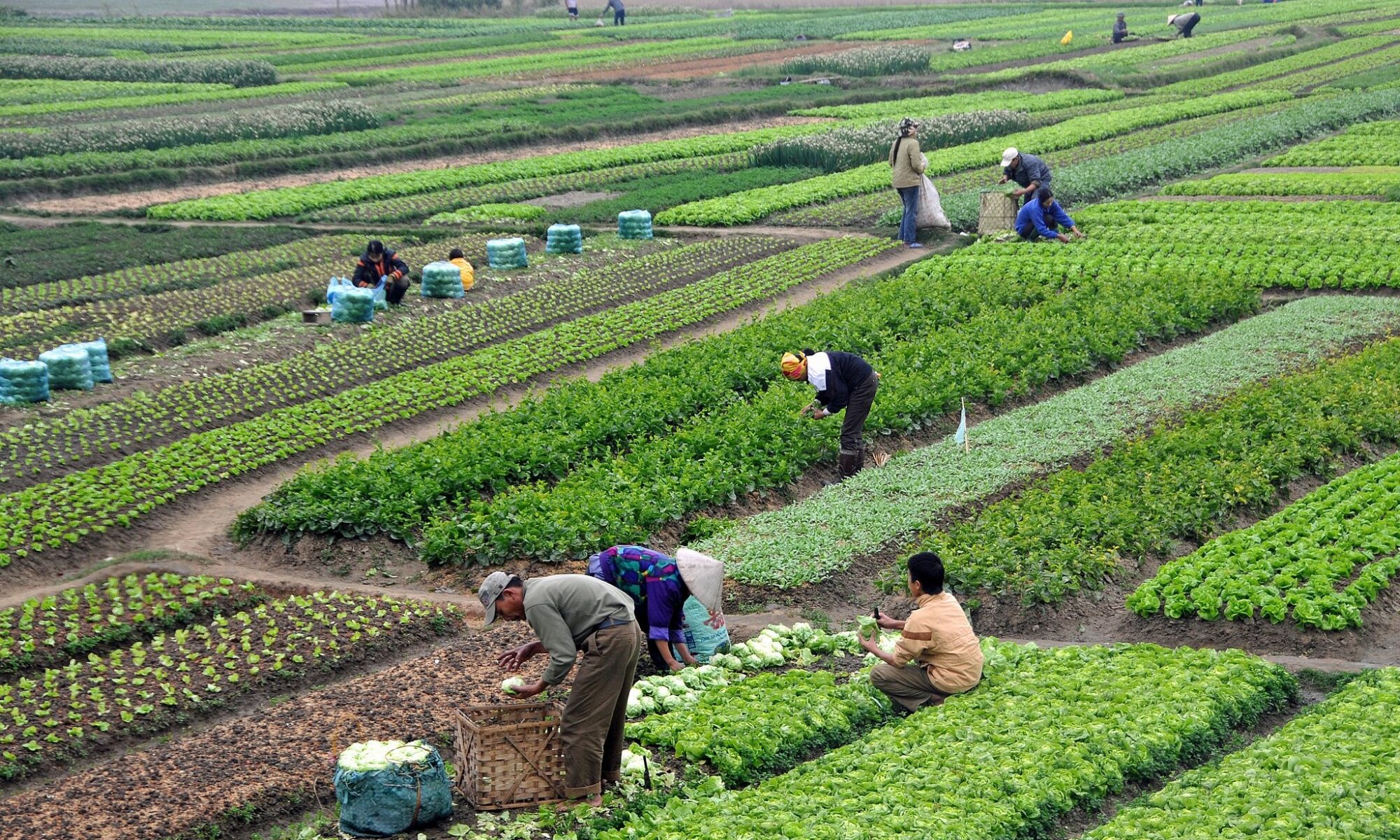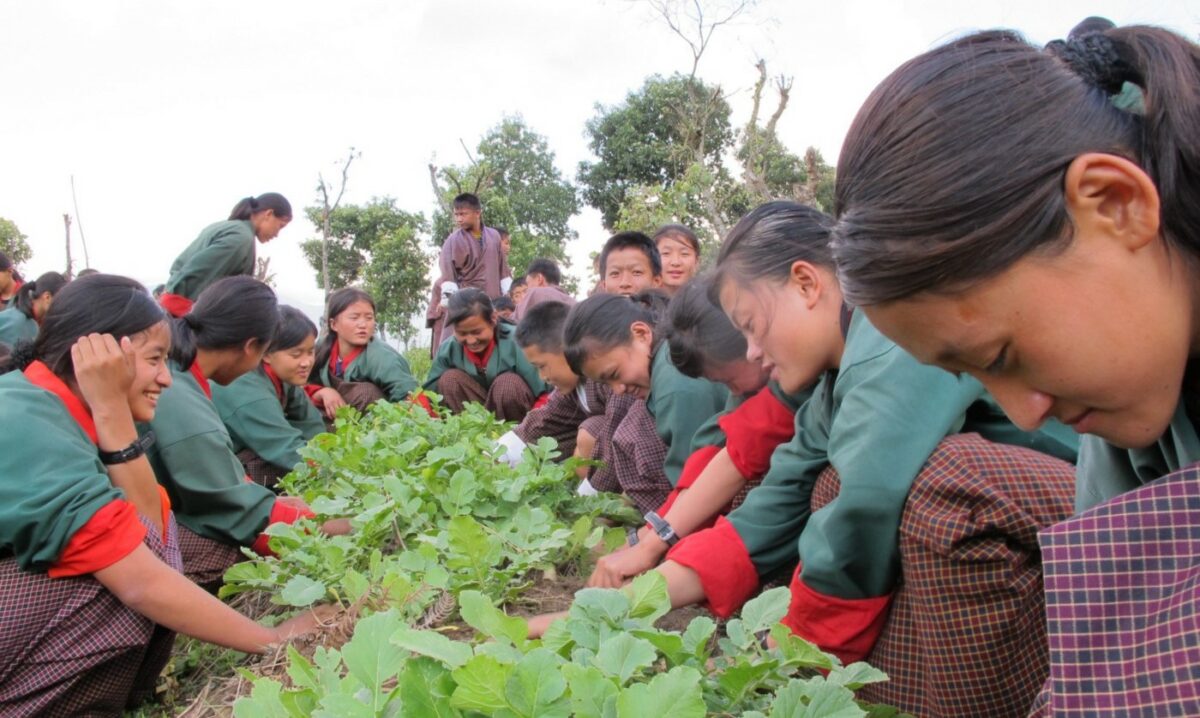By Ruerd Ruben
The idea of a “living income” is increasingly considered as an important strategy to guarantee that smallholder farmers’ revenues are sufficient to meet their and their families’ basic needs, as well as to put aside some savings, thus being more likely to find their way out of poverty. There is growing acceptance of an international standard for estimating living income benchmarks and an active community of practice to support its implementation. However measurements are cumbersome and require a lot of resources.
Continue reading “Simplifying Living Income”




